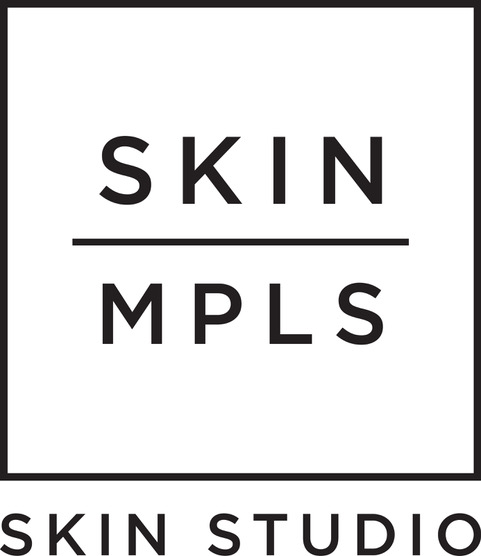Common Sun-Skin Myths We Hear
Despite decades of scientific evidence proving otherwise, many people still believe that the sun improves acne and makes their skin look better overall. We get its draw: the warmth, the glow, the seemingly clearer skin. But let's take a closer look at what's actually happening and how you can enjoy the benefits of sunlight without long-term damage.
Here are the most common sun-skin myths we hear and our honest responses:
"The sun helps my acne."
We are getting worn down battling this claim, so we'll give in just a little.
Think of the reasons you're usually in the sun and the feel-good emotions that come with them. If you live in Minnesota, it's either because it is summer or you're on vacation. Both scenarios bring joy, less stress, and vitamin D. Less stress means fewer breakouts.
Additionally, the tan your face develops from exposure to UV rays acts like face makeup, masking breakouts and making your skin tone appear more even, which may be mistaken for clearer skin. Unfortunately, the long-term cons of tanning your acne far outweigh the short-term pros.
Here's what to do instead.
Use blue LED light therapy to target acne-causing bacteria, with no UV exposure and no side effects.
You can still enjoy time outdoors, just make SPF a daily habit. Since sunscreen doesn't block 100% of UV rays, you'll still get some sun, which can support mental health – and in turn, your skin. For the healthiest balance, aim to get most of your sun exposure before 10 a.m. or after 6 p.m., when UV intensity is lower.
And instead of a tan, check out our acne-safe makeup list to find a foundation for your skin.
"I look better with a tan; it evens out my skin tone."
It might look that way at first. A tan can temporarily blur redness or discoloration, making the skin appear more even. But in reality, tanning is your skin's defense mechanism and a sign of cellular damage.
Again, a tan may appear to even out your tone, but it actually masks issues while creating new ones, such as broken capillaries, wrinkles, and hyperpigmentation. Eventually, that golden glow fades into something a little less flattering because UV exposure deepens pigment and causes rough texture, enlarged pores, and poor skin laxity.
Better ways to get your glow:
Mandelic acid, vitamin C, and retinoids are powerhouse ingredients that help even out skin tone and improve radiance.
Self-tanners and professional spray tans can give you that sun-kissed look, without the damage.
"I will just treat my sun damage later."
We love the optimism and commitment to skincare later in life, but not all damage is reversible. Yes, today's technology (lasers, professional-grade skincare, microneedling, etc.) can significantly improve signs of sun damage. But prevention is far easier and more effective than repair.
The sun breaks down collagen, leading to sagging and wrinkles, causes sun spots that are often stubborn and sometimes reappear, and increases your risk for skin cancers, including melanoma.
Your best defense:
Forming healthy habits early pays off in a major way.
Sunscreen should be your non-negotiable.
So should a wide-brimmed hat, sunglasses, and seeking shade during peak hours.
The bottom line
The sun seems to be making a comeback – even among skincare-obsessed Gen Z and Alpha, tanning is still trending. And while sunlight plays a valuable role in our health, it's not the acne cure or glow-up solution many hope for. Think of your skin like a partial-shade plant – it needs some light to thrive, but too much leads to long-term damage. You don't need to live like a vampire to keep your skin healthy – just be smart about your exposure and wear SPF daily.
The sun isn't your enemy, but it's not your acne treatment either. Enjoy it wisely, protect your skin, build habits your future skin will thank you for, and prioritize long-term health over short-term results. There are smarter, safer ways to get glowing, clear skin – and we're here to help you find them.
